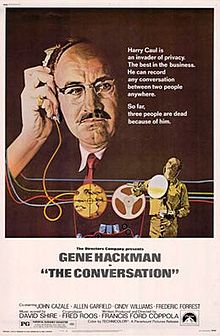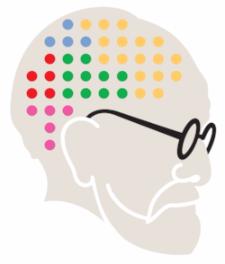Closed Meeting: Candidate Case Presentation
-
June 12, 2018
8:00 pm - 10:00 pm
Please note this is a closed meeting for NYPSI members and students only.
NYPSI’s 1030th Scientific Program Meeting:
Candidate Case Presentation
Tuesday, June 12, 2018
8:00 pm
Presenter: Amber Nemeth, Ph.D.
Discussant: Naama Kushner Barash, Ph.D.
Dr. Nemeth will discuss her work with a complicated patient who has a history of trauma, and a tendency toward action and dissociation. The discussion will focus on the evolution of transference and countertransference reactions, including moments where Dr. Nemeth’s need for a control case influenced her decisions about how to handle the patient’s transference communications.
No CME/CE credit offered.
Amber Nemeth, Ph.D. completed her doctoral training in clinical psychology at the City College of New York. She is currently an advanced candidate at NYPSI, the candidate representative to APsaA, and the former co-chair of the candidate’s council. Her research interests have included the cross-generational transmission of traumatic stress, and clinical approaches to treating co-occurring substance abuse and PTSD. She has taught courses on domestic violence, presented her work nationally, and is the recipient of the Irving H. Paul Dissertation Award. Dr. Nemeth also supervises the psychotherapy work of clinical psychology doctoral students at The City College of New York and maintains a private practice in midtown.
Naama Kushnir Barash, Ph.D. is a Training and Supervising Analyst and Faculty Member at IPTAR where she teaches a course on Winnicott and his followers. She is on the Faculty at NYU Post-Doctoral Program in Psychoanalysis and Psychotherapy where she teaches a course entitled Working with Hatred, Sadism and Envy in the Therapeutic Moment. She is also a Training Analyst and Past faculty of the Israeli Psychoanalytic Society. She maintains a private practice in NYC.



